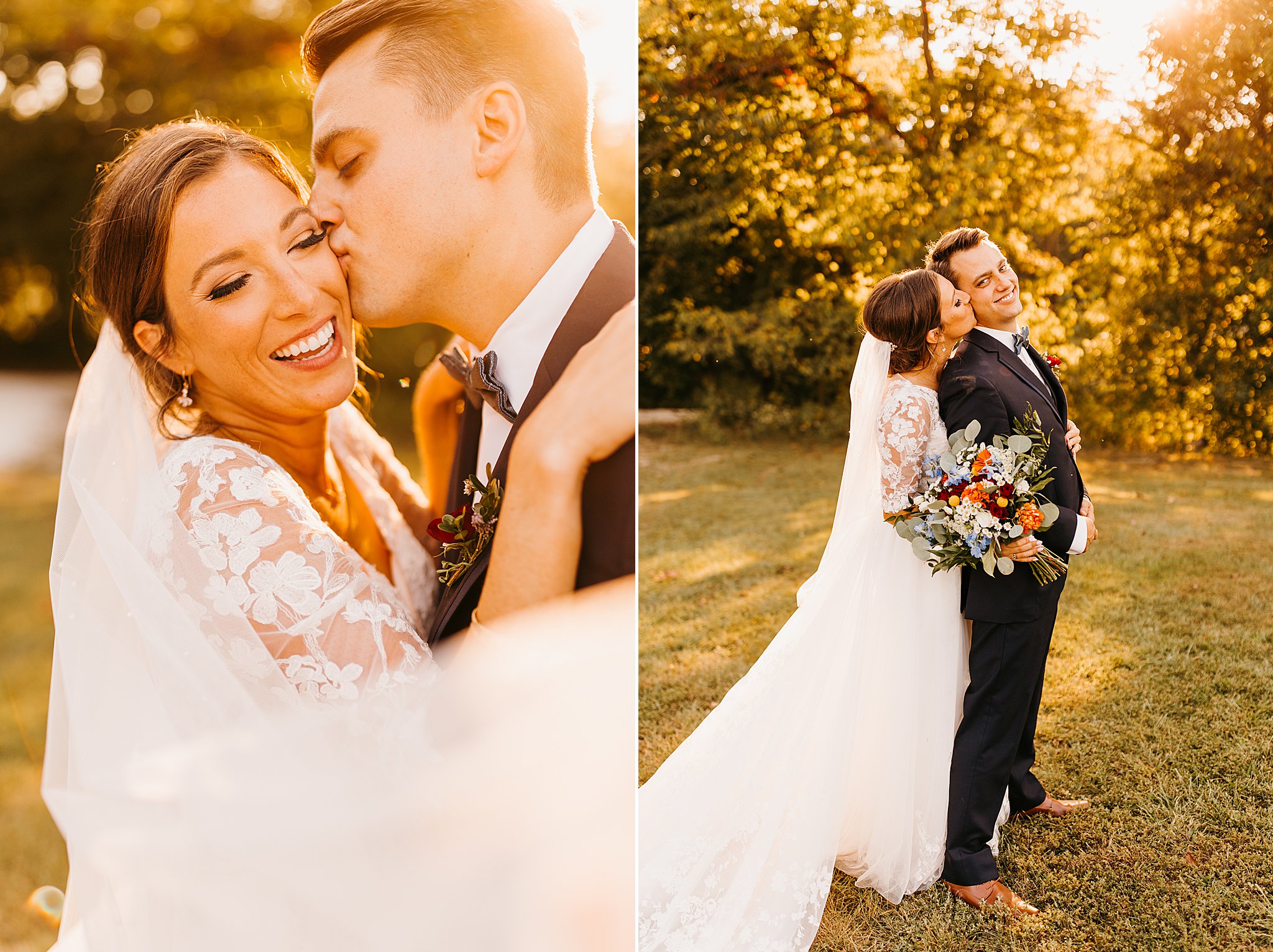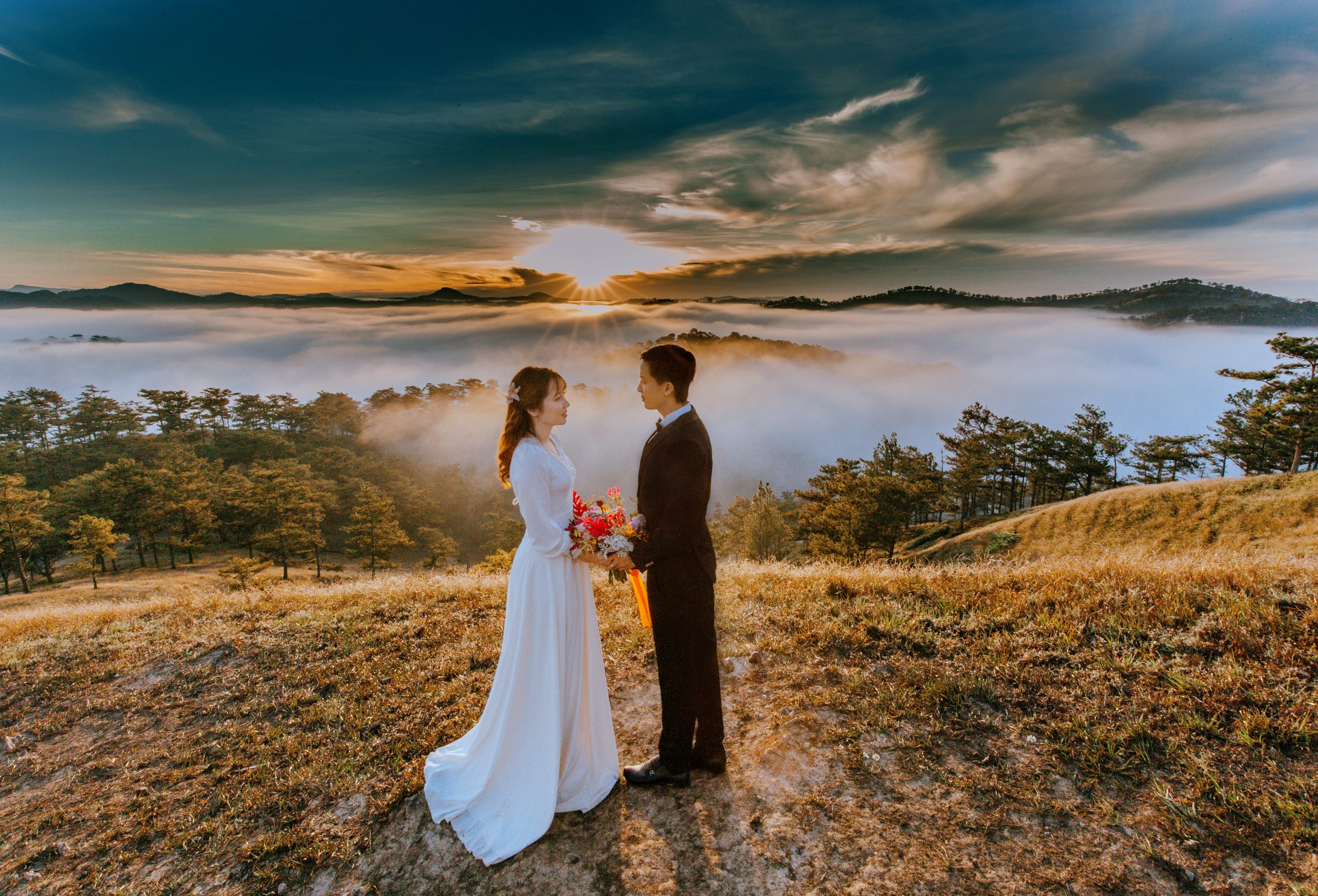As a wedding planner, it’s crucial to have a comprehensive checklist to ensure your client’s big day goes off without a hitch. This checklist will cover everything from understanding the couple’s vision to finalizing post-wedding responsibilities.
Understanding Your Vision
Determining the Style and Theme of Your Wedding
Every wedding is unique. It’s essential to understand the couple’s style and desired theme to ensure a personalized and memorable event. A wedding planner expertly orchestrates every detail of your special day, transforming your vision into a beautifully executed, memorable event.
Selecting a Date and Venue
The date and venue are foundational elements of wedding planning. They set the tone for the entire event and are pivotal in further planning stages.
Budget Planning
Setting a Budget
A well-planned budget is the backbone of successful wedding planning. It’s crucial to establish a budget early on.
Allocating Funds to Different Aspects
Knowing where to allocate funds is key. This includes everything from the venue to photography, catering, and decor.
Guest List and Invitations
Finalizing the Guest List
Deciding who to invite can be a complex task. It’s important to balance the couple’s wishes with budget and venue constraints.
Choosing and Sending Invitations
Invitations set the first impression of the wedding. Choosing the right design and timely sending them is critical.
Vendor Selection
Choosing the Right Vendors
Selecting vendors that align with the couple’s vision and budget is vital. This includes caterers, photographers, and musicians.
Catering, Photography, Music, etc.
Each of these elements plays a significant role in the wedding, and choosing the right providers is essential.
Wedding Attire
Selecting the Wedding Dress and Groom’s Attire
The couple’s attire is a highlight of the wedding. It should reflect their personal style and the wedding’s theme.
Dress Code for Guests
Communicating a dress code to guests helps maintain the wedding’s aesthetic.
Ceremony Details
Planning the Ceremony
The ceremony is the heart of the wedding. Planning it involves considering various elements like location, officiant, and customs.
Religious and Cultural Considerations
Respecting and incorporating religious and cultural traditions can be crucial for many couples.
Reception Planning
Reception Venue and Decor
The reception venue and decor should complement the wedding’s overall theme and atmosphere.
Entertainment and Activities
Planning engaging entertainment and activities is key to a memorable reception.
Food and Beverages
Menu Planning
A thoughtfully planned menu caters to the guests’ tastes and dietary needs.
Special Dietary Requirements
Addressing dietary restrictions are an essential aspect of catering.
Transportation and Accommodation
Arranging Transportation
Ensuring smooth transportation for the couple and guests is important, especially in destination weddings.
Accommodation for Guests
For out-of-town guests, arranging comfortable accommodations is a thoughtful gesture.
Final Touches
Last-Minute Details
Addressing last-minute details are crucial to avoid any day-of issues.
Rehearsal Dinner
The rehearsal dinner is an opportunity for close friends and family to come together before the big day.
Wedding Day Coordination
Overseeing the Event
On the wedding day, coordinating all moving parts is essential for a seamless event.
Dealing with Unexpected Situations
Being prepared to handle any unexpected situations that arise during the event is a mark of a skilled wedding planner.
Post-Wedding Responsibilities
Handling Post-Wedding Tasks
Post-wedding tasks include managing vendor payments and returns, among other duties.
Key Takeaways
- Comprehensive Planning: The success of a wedding hinges on thorough and detailed planning. This includes everything from understanding the couple’s vision, setting a budget, to finalizing the guest list.
- Budget Management: Establishing and sticking to a budget is essential. It involves careful allocation of funds to various aspects of the wedding, ensuring that the most critical elements are prioritized.
- Vendor Selection: Choosing the right vendors, such as caterers, photographers, and musicians, are critical. They should align with the couple’s vision and budget, and contribute significantly to the success of the event.
- Personalization of Ceremony and Reception: The wedding should reflect the couple’s personal style and preferences. This includes selecting a theme, venue, decor, and planning the menu to match their taste and the overall atmosphere of the wedding.
- Guest Experience: From sending out invitations to arranging accommodations and transportation, ensuring a smooth and enjoyable experience for guests is paramount.
- Flexibility and Contingency Planning: Being prepared to handle unexpected situations on the wedding day is crucial. This requires flexibility, quick thinking, and having backup plans.
- Post-Wedding Follow-Up: Responsibilities don’t end with the wedding day. Post-wedding tasks such as managing vendor payments, returning rentals, and sending out thank you notes are also vital parts of the planning process.
A comprehensive checklist is invaluable in wedding planning, ensuring every detail is considered for the perfect wedding day.
What’s the first step in wedding planning?
The initial step in wedding planning involves understanding the couple’s vision for their special day, which encompasses their preferences for theme, style, and the overall atmosphere they wish to create. Equally important is establishing a budget, which forms the foundation for all subsequent decisions. This step sets the tone for the entire planning process, ensuring that all elements, from the venue to the vendors, align with the couple’s desires and financial considerations.
How do I choose the right venue?
Choosing the right venue is a critical decision in wedding planning. It should reflect the wedding’s style, whether it’s elegant, casual, traditional, or modern. The guest count is a key factor; the venue must comfortably accommodate all attendees. Budget also plays a significant role, as venue costs can vary widely. It’s essential to find a balance between the desired aesthetic, size, and financial constraints, making sure the venue aligns with the overall vision for the wedding.
What should be considered when planning the menu?
When planning the wedding menu, it’s important to consider the diverse tastes and dietary needs of guests. This includes offering a variety of dishes that cater to different preferences, such as vegetarian, vegan, or gluten-free options. The menu should complement the wedding’s theme and setting, whether it’s a formal sit-down dinner or a casual buffet. Additionally, working closely with the caterer to ensure quality and presentation align with the overall wedding experience is vital.
How do I handle unexpected issues on the wedding day?
Dealing with unforeseen issues on the wedding day requires a calm and composed approach. Having contingency plans for various scenarios, such as bad weather or vendor no-shows, is crucial. Being adaptable and ready to make quick decisions is essential to address any challenges effectively. It’s also helpful to delegate responsibilities to trustworthy individuals or a wedding coordinator to manage such situations, ensuring the day proceeds as smoothly as possible.
What are some post-wedding responsibilities?
After the wedding, several responsibilities need attention. This includes settling payments with vendors, ensuring all services are paid for as agreed. Returning any rented items, such as decor, attire, or equipment, is essential to avoid late fees. Sending thank you notes to guests, vendors, and anyone who contributed to the wedding is also important. This not only shows appreciation but also helps in maintaining good relationships and wrapping up the event gracefully.



